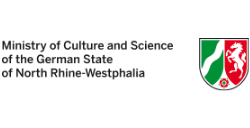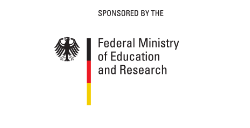Quick facts
Project title:
Unlocking Collection Treasures: Accessing Museum Samples for Long Read Sequencing and Genomic Analyses
Description
High-quality genomes are an important basis for biological and evolutionary research. However, generating assemblies of high completeness and contiguity requires ideally fresh, flash-frozen samples.
The availability of such samples has become a major limitation for biodiversity genomics, in particular for rare or endangered species, or species inhabiting remote regions. On the other hand, museum collections house millions of samples in Germany and worldwide. While most of these samples do not preserve DNA well, kilobase-sized DNA can be extracted from samples preserved in ethanol, as demonstrated by us and others. Here we use such museum samples to assemble high-quality genomes in conjunction with the new PacBio HiFi sequencing technology, which generates accurate reads of a few kilobases in length. To unlock museum collection treasures for genome sequencing and analyses, this project establishes a new collaboration between four Leibniz and a Max Planck Institute and brings together experts in DNA extraction, sequencing, genome assembly, analysis, and phylogenomics. Our goals are to (i) systematically investigate the utility of museum specimens for extracting kilobase-sized DNA and developing best practice protocols, (ii) generate contiguous assemblies of vertebrate species representing non-sequenced clades, iconic or endangered species, or species with interesting traits, (iii) and, building on a repertoire of established genomic methods, annotate and analyze these newly-sequenced genomes to reveal insights into the genomic basis of phenotypic differences, phylogeny, biogeography and population history.
Location







